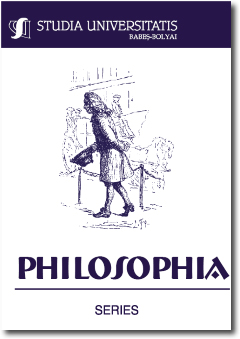
Keywords: informed consent; personal autonomy; HIV exceptionalism; universal screening.
Without effective prevention of HIV spreading, the number of people at risk of infection and who will need antiretroviral treatment will be increasing constantly. This situation could result in additional pressure on health and social budgets at a time when the scarcity of financial resources is becoming more and more obvious. HIV testing plays a crucial role in the treatment and prevention of this infection. Stigma and discrimination associated with HIV infection are still obstacles that prevent people from addressing health services which offer care and prevention. The institutional framework in which counseling and testing are offered must be directly linked to the fundamental human rights principles. Whereas HIV testing with informed consent is traditional and has been used from the beginning of the epidemic (opt-in testing), routine or universal screening is a relatively new approach in HIV prevention services (opt-out testing). Although Romania has a low prevalence of HIV transmission as compared to other European countries, data show that the number of newly diagnosed patients increases each year. As a response to this situation more and more medical professionals consider that a shift in HIV testing policy is needed by replacing the opt-in testing with universal screening. This article aims to analyze the ethics of HIV universal screening using as a reference system four bioethical principles – beneficence, respect for human dignity, autonomy and justice.
More...Keywords: Übersetzungskritik; Kulturelle Unterschiede; Äquivalenz
Wenn man die Übersetzungen von literarischen Texten mit deren Originellen vergleicht, kann man sowohl stilistische als auch inhaltliche Unstimmigkeiten sehen. Grund dieser Nichtübereinstimmungen sind die kulturellen Unterschiede. Ziel dieser Studie ist, die aus kulturellen Differenzen entstandenen Probleme zu betonen, zu analysieren und die richtigen Lösungswege beim Übersetzungsprozess zu zeigen. In diesem Zusammenhang wurde das literarische Werk von Rainer Maria Rilke „Die Aufzeichnungen des Malte Laurids Brigge“ und dessen von Behçet Necatigil als „Malte Laurids Brigge’nin Notları” ins Türkische übersetzte Version behandelt. Im theoretischen Teil der mit der deskriptiven Methode verfassten Studie wurden die Themen „Übersetzungswissenschaft“, „Literarische Texte“, „Literarische Übersetzungen“, „Äquivalenz in Übersetzungswissenschaft“ sowie „Übersetzungskritik“ unter die Lupe genommen. Dagegen wurde im empirischen Teil Fallbeispiele aus den originellen und übersetzten Werken ausgewählt. Die einschlägigen Beispiele wurden in Hinsicht auf Sprache, Stil, Form und Ästhetik analysiert und die Äquivalenten wurden Interpretiert.
More...Keywords: paternal investment; women; Sandzak; human behavioral ecology
An evolutionary model of facultative reproductive strategies explains much of women’s life history strategy in terms of the absence or presence of their fathers and parental investment they made. This paper assesses direct paternal investment and behavioral outcomes in 164 women in the Sandzak region, using human behavioral ecology approach, with a special emphasis on female reproductive strategy.
More...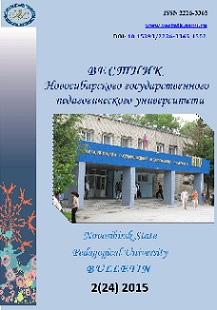
Keywords: Pragmatics; semantics; semantic interpretation; utterance; scalar sense; vector sense.
The article deals with one of the traditional questions of linguistic pragmatics – its relations with the semantics. The author points out two general features of the corresponding discussion: 1) the relationship between semantics and pragmatics is usually discussed in terms of distinctions and 2) examining data from the semantic point of view, a researcher usually fo-cuses attention at the figure of the speaker, while the pragmatic approach is usually concen-trated on the figure of the hearer. Review of a number of contemporary sources shows that researchers are nearly unanimous in the rejection of attempts to draw a clear demarcation line between semantics and pragmatics. A turn to the origins of theoretical pragmatics allows one to treat the latter as a special type of semantics. A mathematical analogy is proposed, according to which several different meanings of an utterance may be distinguished: a “pure” one (the semantics proper) – a scalar sense; meanings containing the implications of the speaker and the hearers' inferences – vector senses. The difference between vector senses of an utterance is shown depending on the hearers to whom the sense is formulated (the addressee or witnesses). In conclusion, it is stated that the proposed mathematical analogy allows constructing a satisfactory calculation of semantic interpretations (i.e., practical senses) for any utterance.
More...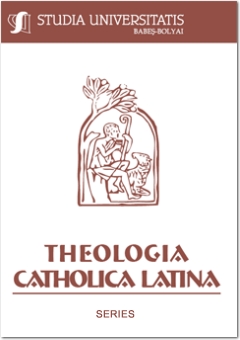
Keywords: religion; creation; evolution; Big Bang; Big Freeze; Point Omega; God-hypothesis.
The article is an attempt to present a grand view of nature and religion as seen from the vantage point of science. After describing the different concepts of truth in these disciplines a number of surprising scientific discoveries are presented, the Big Bang, the Big Freeze and the Point Omega recently made in the areas of astronomy, biology and biological evolution. These phenomena could be explained by a Godhypothesis, that is, by postulating a natural phenomenon God who has created the world. From the viewpoint of the natural sciences the problem then is how such a hypothesis is to be verified and what role the religions play. I advocate a careful examination of the probabilities and conclude that such a God-hypothesis seems quite plausible.
More...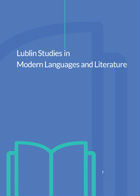
Keywords: wordplay
A review of translation theories shows a multitude of approaches, whether linguistic, functional, cultural or cognitive etc., which could be taken when dealing with translation of wordplay. The approaches offer a set of theoretical and practical guidelines that need to be considered when aiming at equivalence. However, what they seem to be missing is detailed and precise strategies that Translator could employ to achieve this goal. The aim of this paper is to present strategies that could be used when translating wordplay based on homonymy. In order to elicit the strategies, the examples of homonyms in Automated Alice by Jeff Noon, and their Polish translations are analyzed.
More...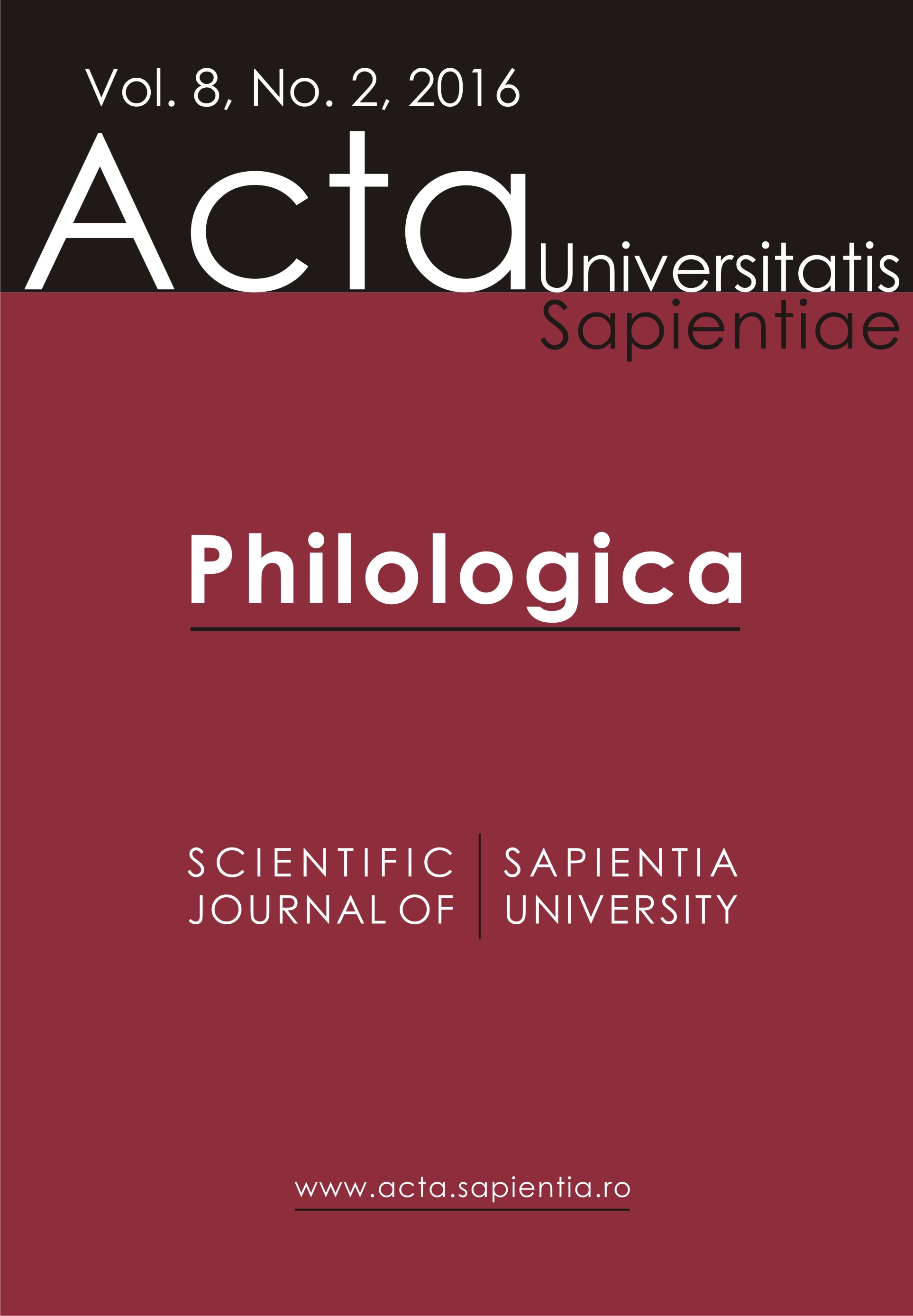
Keywords: realia; translation strategy; intercultural communication; cultural sensitivity
This paper summarizes the results of the translation work carried out within an international project aiming to develop the language skills of staff working in hotel and catering services. As the topics touched upon in the English source texts are related to several European cultures, these cultural differences bring about several challenges related to the translation of realia, or culture-specific items (CSIs). In the first part of the paper, a series of translation strategies for rendering source-language CSIs into the target language are enlisted, while the second part presents the main strategies employed in the prepared translations.
More...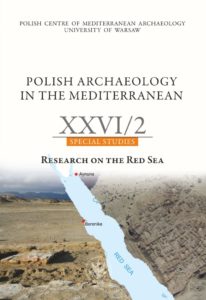
Keywords: Leuke Kome; Red Sea; Nabateans; maritime trade; caravans; Aynuna;
The trade facility in Wadi Aynuna, as well as the adjacent settlement and tentative location of an ancient port are believed to be the ancient Leuke Kome, a Nabatean port which connected Petra with the Red Sea trade network. In this brief paper the author reviews some data that bring light to bear on the issue of the nautical challenges posed by sailing conditions in the Red Sea, their potential influence on the maritime trade, and the importance of Aynuna as a port in northern Arabia which, taken together, support with greater strength the identification of this location with the Leuke Kome from the ancient written sources.
More...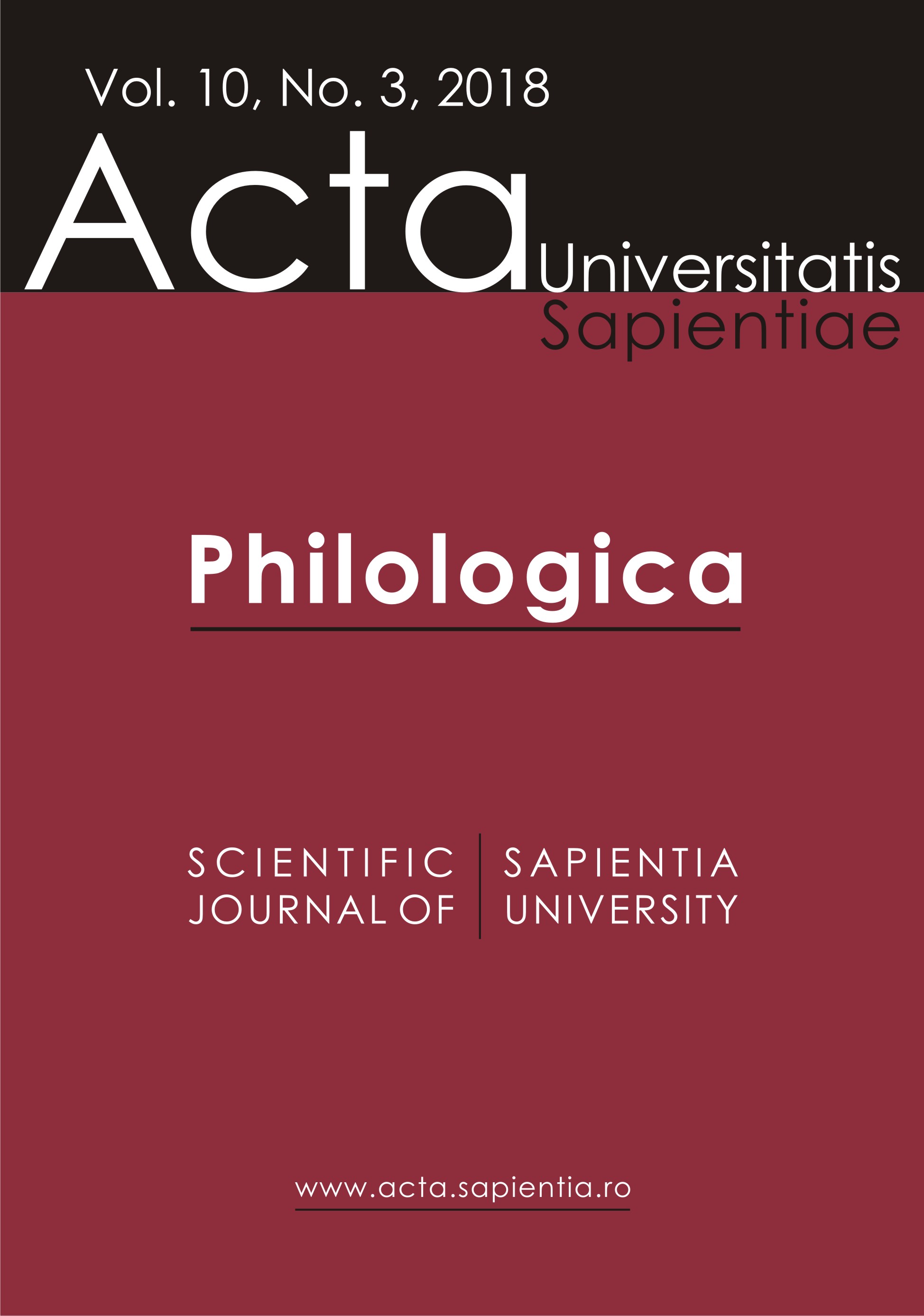
Keywords: translation; rite of passage; liminal space; correspondence; transgressability
My paper focuses on a novel by a contemporary Romanian writer who lives in Miercurea-Ciuc and whose entire work can be characterized by the central importance of the topic of border, specifically, the thin border between life and death, the transgressability of the border of this world and the world of dead souls. The mythical-mystical-religious atmosphere of his prose constitutes a difficulty for the translator who, through his/her work, tries to cross the border of two languages and two cultures.“Being on the border” is a dangerous condition/state, and every culture tries to assure a safe border-crossing process. I will approach this topic from several points of view. On the one hand, I will analyse a sequence of the chosen novel in which a funeral scene is presented, while, on the other hand, I will reflect on how the translator is situated on the border when s/he has to do the translation of a ceremonial text (part of the folklore of an archaic source culture) to a target culture (namely, Hungarian culture) in which there is not a correspondent for this specific text type.
More...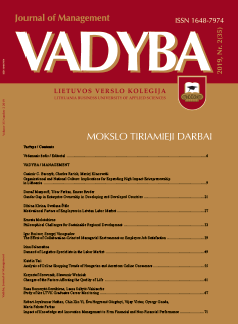
Keywords: higher education; student choice; motives for studies; choosing of studies; factors influencing choice;
Increasing global competition, globalisation of markets and the global economic downturn encourages the search of ways to maintain the stability and growth of industrial enterprises. Nowadays, when business environment is rapidly changing, enterprises have to increase constantly their competitive advantage. Human resources are crucial in addressing these issues. Motives of human behaviour energy and direct it to a certain direction. Needs, preferences, and interests are by far the strongest reasons for choosing the path of further learning. This article seeks to answer how motivation influences young people to choose a profession and what factors are the most important in this choosing. On the one hand, motivation has explained under structural point of view as a factor or set of reasons. On the other hand, motivation has interpreted as a dynamic phenomenon, process, and mechanism. Development of industrial psychology and especially behaviourism made very big influence on the development of psychological motivation theories since 1990. The field investigation of this psychology is the subject of human behaviour in the choosing of the studies. One or another treatment is depending on environmental conditions. A survey reveals that in order to motivate a person, it is necessary to enable them to meet theirs basic needs in such a way that helps achieving the objectives of all institution. The article also presents the most important criteria influencing the choice and their relative weight. The results of the research carried out by the authors have compared with the results of similar investigations by other authors. There are focused on the main factors encouraging choosing particular higher education institution and studies at it. Based on the results of the research, it was made these conclusions. A survey showed that two factors are most important when students are choosing to study. These factors are the desire to acquire higher education and the desired specialty, as well as the personal desire to develop, expand knowledge, achieve the goal. 57 % of respondents indicated that opinions of parents, relatives, friends or teachers were not relevant to them. When it comes to choosing a higher education institution, the most important are the city were person wants to study and where the institution is located, higher education institution prestige and quality of the studies.
More...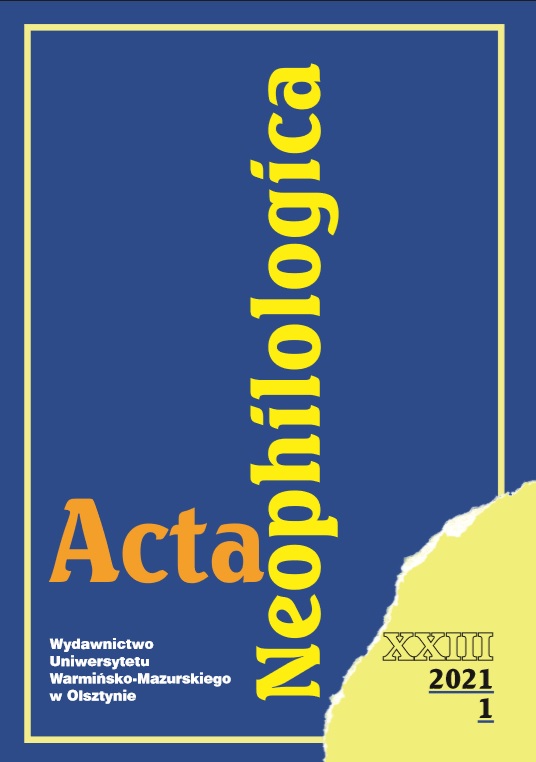
Keywords: manipulation; cultural adaptation; creativity;translation;
This article not only discusses the concept of translation from the point of view of manipulation, creativity, and cultural adaptation, but it also provides examples of translations or adaptations in English and in Polish. I compare various definitions of manipulation, and conclude that manipulation seems to be the defining feature of translation, especially in the case of texts that do not require lexical precision and in which the choice of vocabulary may be, to a certain extent, random. In addition, manipulation should not be analyzed without reference to wider ideological and socio-cultural contexts in which it takes place. At the word level, however, manipulation often takes the form of simple, conscious or not, lexical substitutions meant to produce a faithful translation.
More...Keywords: translation; paraphrasing; equivalents; transliteration; social responsibility
This paper offers an observation and discussion on the relevance and scope of presence of translation within English for Specific Purposes courses in academic settings of the Faculty of Electronic Engineering and Faculty of Medicine, University of Niš. There is concern with methodological issues of translation skills regarding domain terminology. This subsumes translation methodology, finding precise target language equivalents, as well as determining whether to translate a text, respecting the syntax of the target language, or to paraphrase it with the primary aim to most precisely convey information contained in the original. The main argument and the issue of the survey conducted with the students of both faculties is direct correlation between translation, or absence of it for that matter, and the cognition of the domain content taught. Then, there is an emphasis on a wider social context that implies inducing in students the awareness of the responsibility they as future professionals and experts in their field have towards their own mother tongue in the dissemination of content knowledge. It is common in the Serbian scientific and professional environment that the translation of scientific texts in English is done by domain experts without consulting linguists, philologists of Serbian language. The consequence is mere (and often incorrect) transliteration of English scientific terminology, and ultimately uncurbed influx of foreign terminology. Yet another argument on the relevance of the previous one is that translation enhances soft transversal skills such as thoughtfulness and critical thinking which among others benefit comprehension of the domain knowledge, as it has been noted that professors, and then students use the English terminology while speaking Serbian, where the latter group do not fully understand the content presented in such scientific ‘newspeak’. The paper presents concrete teaching practice which has for its goal inducing the students with cautiousness when choosing professional terminology in either language.
More...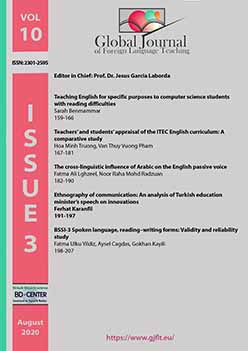
Keywords: Computer science students; ESP vocabulary; reading difficulties; reading strategies;
This is a case study conducted to investigate difficulties that may hinder third-year computer science students in their development of English for specific purposes’ reading skills and to grasp the different factors that may influence students negatively. Data were obtained from a questionnaire which enabled the researcher to obtain valid information about the learning situation of the target population. Through the use of this tool, students’ preferences and difficulties in the area of reading were analysed. The results revealed the need to increase students’ exposure to reading and provide support with vocabulary. Hence, some recommendations and strategies are provided to remedy the situation and boost the students’ learning process
More...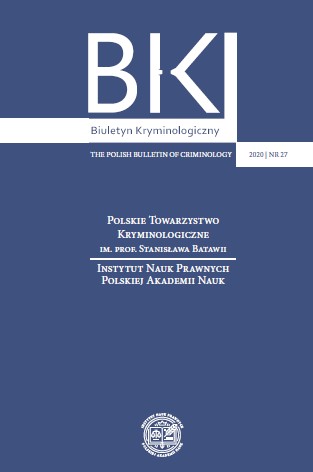
Keywords: Conference report; Crime; understanding crime; criminology;
Podstawowym celem nauk społecznych jest dostarczanie wiedzy, którą można zweryfikować”. To dzięki wiedzy, której używamy do badania zjawisk empirycznych, możliwe staje się ich wyjaśnianie, przewidywanie, a przede wszystkim – zrozumienie. Ten ostatni element cechuje specyficzna dwoista natura, która wynika z faktu, że nauki społeczne skupiają swoją uwagę na człowieku, jednakże sami badacze, będący obserwatorami, również stają się częściowo obiektem badań. Niezależnie od tego, który sposób rozumienia przyjmiemy – czy ten nawiązujący do koncepcji verstehen, czy też osadzimy komentowane pojęcie w nurcie predyktywnym, nie ulega wątpliwości, że to właśnie zrozumienie danego zjawiska jest elementem niezbędnym do jego prawidłowych opisu i oceny.
More...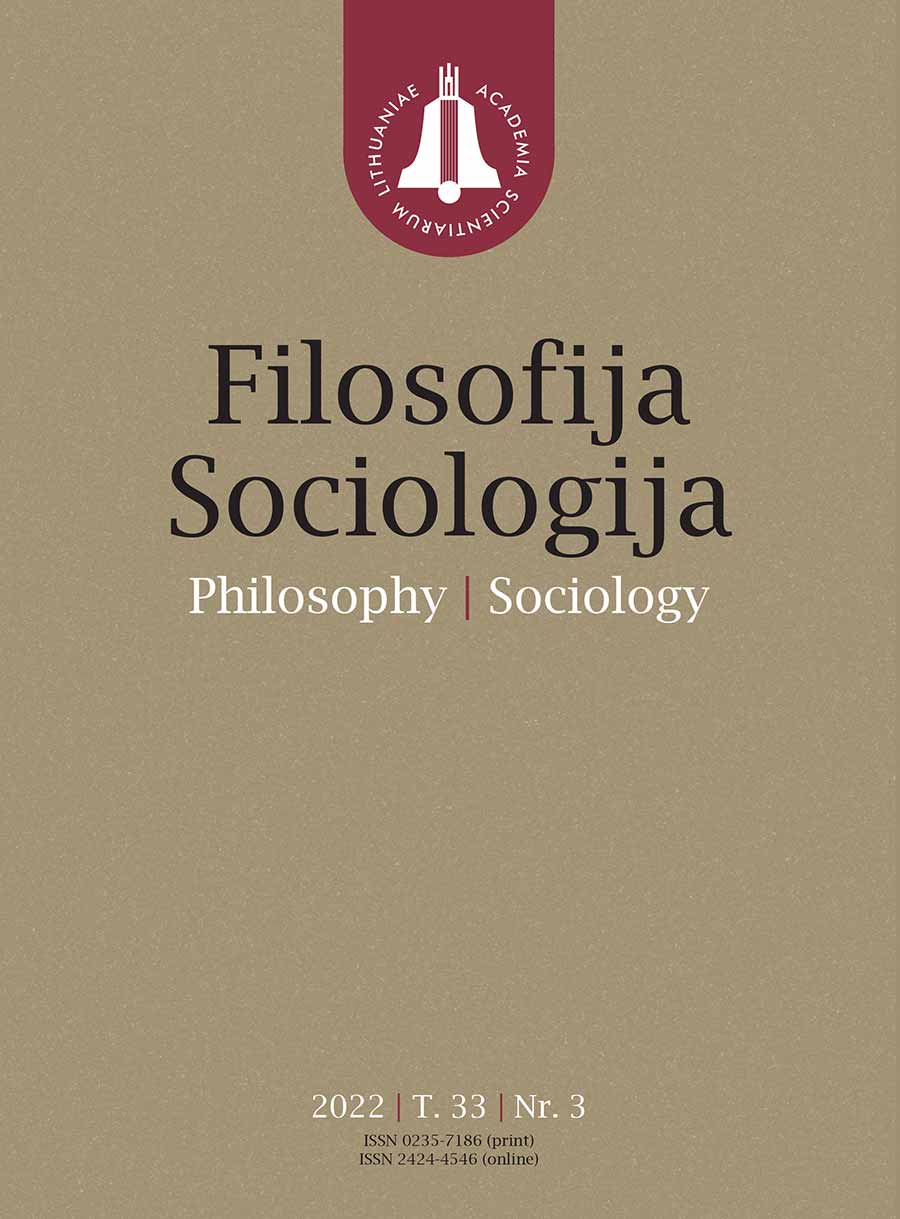
Keywords: Philosophical hermeneutics; prejudice; time; fusion of horizon; religious language; COVID-19;
Philosophical hermeneutics is a style of hermeneutics that focuses on the ontology of understanding and interpretation. One of the leading exponents of philosophical hermeneutics is Hans-Georg Gadamer. Gadamer explained that the prejudice and historical aspects that accept the dialectics of the past, the present and the future are crucial in understanding religious language related to COVID-19. This concept then underlies Gadamer’s thoughts on the idea of the fusion of horizon. This idea indicates that understanding religious texts must be done by bringing together the text’s horizon, author and reader to reach a meaningful knowledge in interpreting a text. Suppose this view applies in understanding religious language related to the COVID-19 pandemic protocol. In that case, interpreter must consider all dimensions associated with the social situation to find a substantive meaning and a complete understanding of all dimensions related to the interpreter’s current position to apply the substantive meaning contextually in actual cases.
More...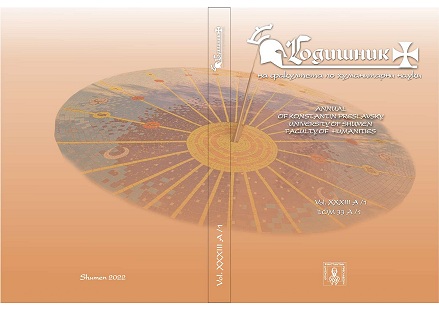
Keywords: Heidi; translation of children's literature; translation into Romanian
The children's novel "Heidi" by the Swiss author Johanna Spyri is one of the most famous works of children's literature worldwide. Accordingly, it has been published in Romania in numerous translations, especially after 2008. What is also special about these translations is the fact that most of them were not translated from German but from English. The present article sets out to analyse some relevant aspects of translation, based on the theoretical considerations of relevant theorists in the field of translation of children's literature.
More...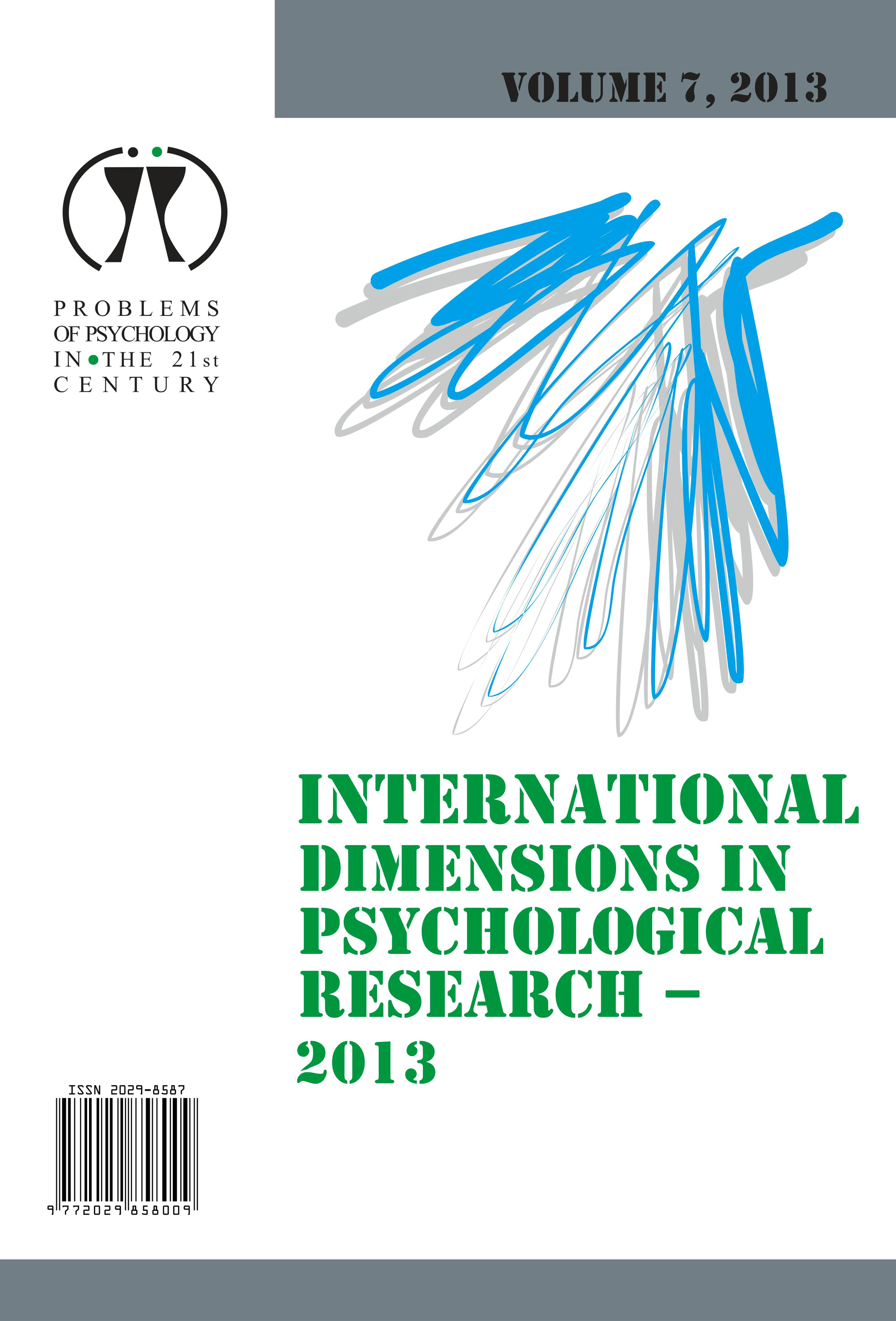
Keywords: adolescent deviance; dysfunctional family; questionnaire adaptation;
In order to be able to correct the asocial behaviour of adolescents, several factors that can have POSITIVE AND DESTRUCTIVE FAMILY an effect on the issue must be understood, these being biological, social, and psychological, as well as understanding the context of the situation itself. Various methods were used to research valuable adolescent family environments, including the questionnaire entitled Positive and Destructive Family, which was developed by Russian authors (Опросник “Конструктивно-деструктивная семья” (КДС), Эйдемиллер, Юстицкис). Since this methodology was not available to researchers in Latvian, the first step to be taken was to adapt this method to the cultural environment of Latvia. (The author’s consent has been received for the use of the questionnaire in scientific work.) The adaptation of the method allows the following steps to be implemented (Hambleton & Patsula, 1998; 1999; 2000; Van de Vijver & Hambleton, 1996): the translation and backward translation of questionnaire observing the context of the cultural environment; empirical verification of the translated questionnaire, thereby establishing its reliability and validity in accordance with the psychometric indicators used to provide a validity check on the factors illustrated in the source survey; the administration of the survey in the new cultural environment; documentation showing the adaptation of the questionnaire and the development of the interpretation of the survey’s values. To date, only some of the aforementioned steps have been implemented and presented. Respondents from sixty families participated in the survey (all of whom were aged in group of 31-68, and who included 42 women and eighteen men). The survey consists of twenty statements to which respondents will reply either positively or negatively (this being the dichotomy scale). Further tasks are related to the complete adaptation and application there of in population surveys in Latvia. Another method for family study that has been adapted in Latvia provides more extensive opportunity for further empirical studies, and will also provide a useful set of instruments for practitioners in psychology.
More...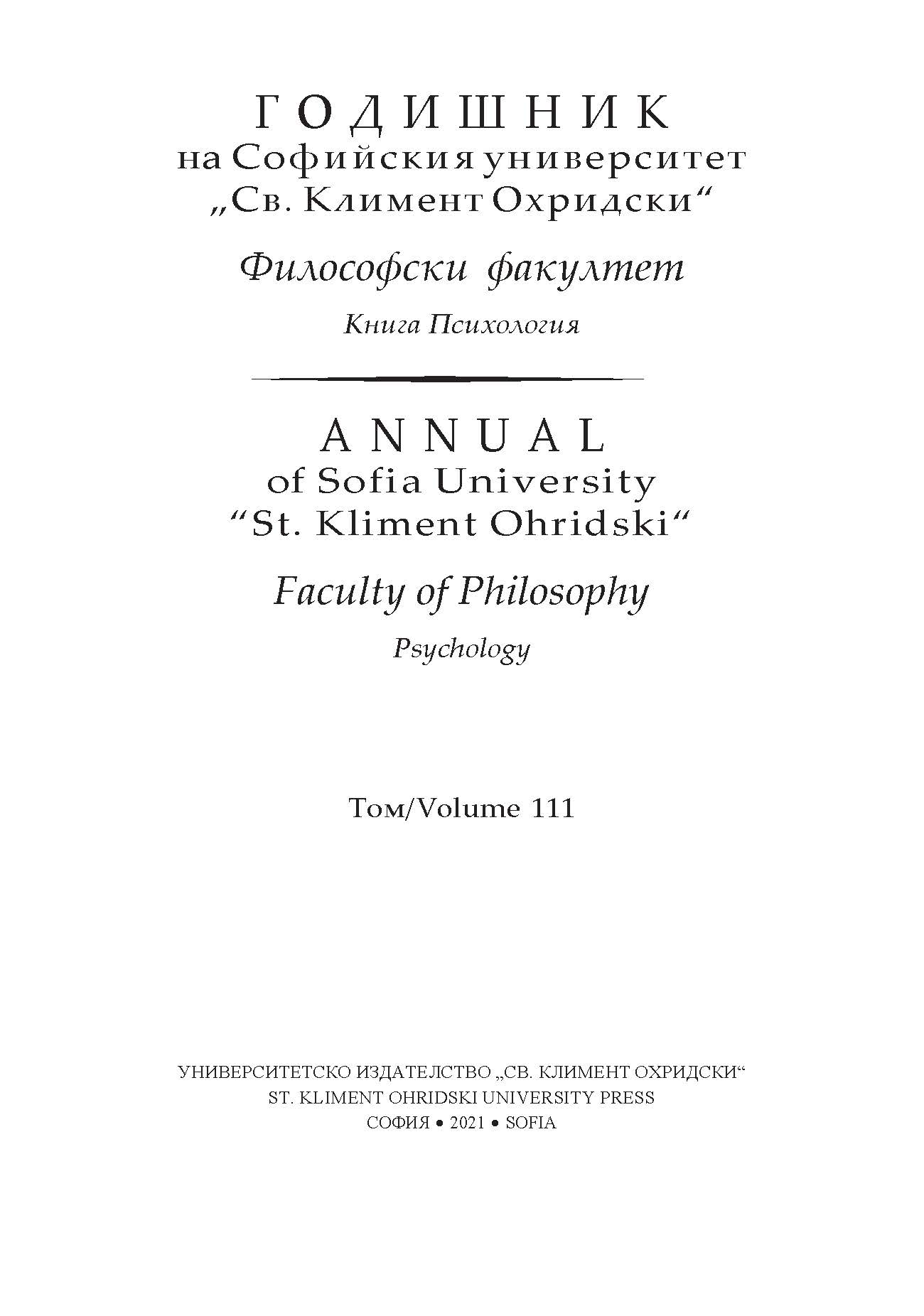
Keywords: self-determination; autonomous motivation; controlled motivation; basic psychological needs
The self-determination theory is one of the most widely applied contemporary theories of motivation, personality development, and well-being. Composed by different mini theories, and empirical studies encompassing variety of topics, it is becoming ever more elaborated in the recent years. In this article, we have selected and integrated those topics that are relevant to the motivational domain to provide an empirically supported framework for understanding human behavior. We discuss different factors that can promote autonomous behaviors. It would interest researchers who work in human motivation through the identification of different mechanisms underlying human behavior.
More...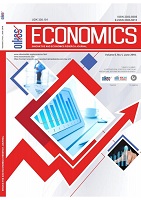
Keywords: unemployment; investment; migration; competitiveness; development strategy;
There is no universal model of local economic development. Development strategies vary from country to country, city to city, and depend on the level of development, political system, development potential, social values, available resources, etc. Republic of Srpska faces with significant differences in the level of development of its territory. Local communities in the Republic of Srpska are increasingly facing with several obligations - providing support to business, creating a favorable business environment for attracting investment and providing an adequate infrastructure. The biggest problems that most of municipalities in the Republic of Srpska encounter are reflected in the emptying of cities, the departure of young people, low average wages and high unemployment rates. They are trying to solve these problems by attracting investments. However, it is very important to say that an effective investment policy must be based on the creation of new enterprises with capital-intensive production. The average wage level in local communities of the Republic of Srpska is low, due to the fact that most of the investments have a labor-intensive character. The subject and aim of this paper is to determine the competitiveness and level of development of local communities in the Republic of Srpska. Municipal competitiveness will be higher if it has a positive trade balance, higher average wages, high natural increase, low unemployment rate and positive migration. Higher natural increase, favorable trade balance and low unemployment rate are in direct correlation with the degree of local development. The results of the research have shown that the key problems of underdeveloped municipalities in the Republic of Srpska are demographic aging, population migration, underdeveloped infrastructure, high unemployment rates, low average wages, low level of investment, low export activity, weak institutional capacities, etc.
More...